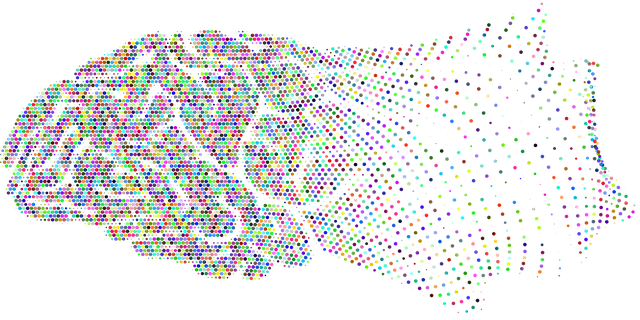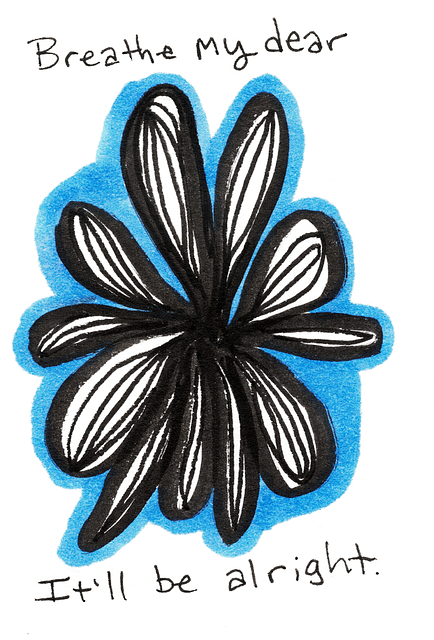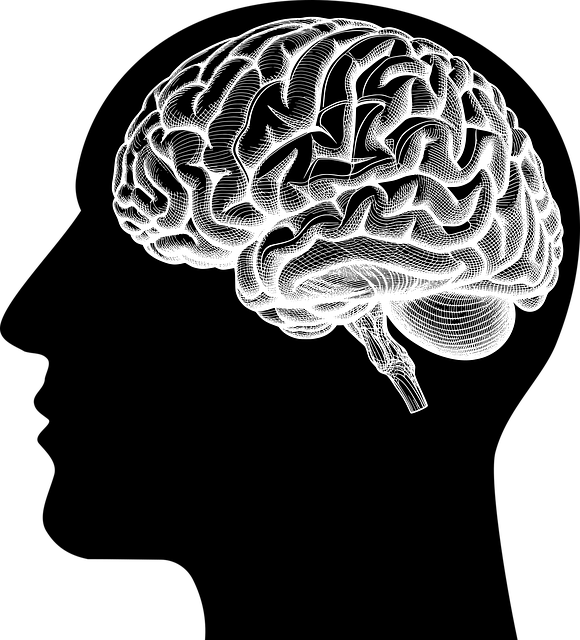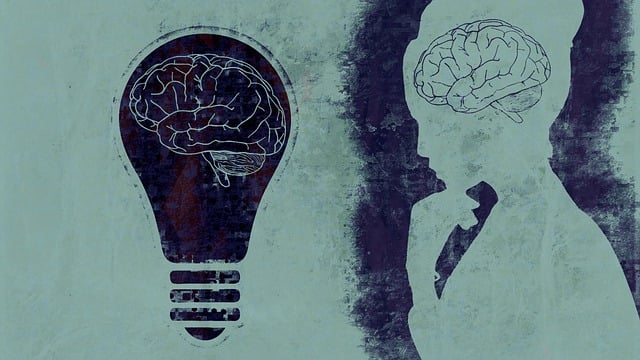Substance abuse is a complex issue driven by factors like stress, trauma, and low self-esteem, leading to a Golden Conduct Disorder characterized by compulsive substance use. Effective prevention and treatment require holistic approaches combining therapy, self-esteem improvement, healthcare provider training, conflict resolution, and mental health support. Key strategies include identifying risk factors, implementing Golden Conduct Disorder Therapy, promoting lifestyle changes, building community support networks, and integrating self-care practices to foster recovery and mental wellness.
In today’s world, understanding and mitigating substance abuse is paramount for individual well-being and public health. This comprehensive guide delves into effective risk reduction strategies, focusing on early identification of vulnerabilities and evidence-based treatments like Golden Conduct Disorder Therapy. We explore lifestyle modifications that enhance resilience and the crucial role community support plays in fostering continuous care. By integrating these approaches, individuals can navigate challenges and embrace healthier, substance-free lives.
- Understanding Substance Abuse and Its Impact
- Identifying Risks and Predictors of Substance Abuse
- Golden Conduct Disorder Therapy: A Comprehensive Approach
- Lifestyle Changes for Risk Reduction
- Community Support and Continuous Care
Understanding Substance Abuse and Its Impact

Substance abuse is a complex issue that goes beyond mere personal choice. It’s a Golden Conduct Disorder characterized by compulsive using despite harmful consequences, affecting both physical and mental health. The impact extends far beyond the individual, impacting families, communities, and society at large. This pervasive problem often stems from underlying factors such as stress, trauma, mental health disorders, and low self-esteem, highlighting the need for comprehensive strategies to address it effectively.
Understanding substance abuse requires recognizing its diverse manifestations and the intricate web of contributing factors. While Golden Conduct Disorder Therapy plays a crucial role in addressing the behavioral aspects, parallel efforts should focus on Self-Esteem Improvement and Healthcare Provider Cultural Competency Training. By integrating Conflict Resolution Techniques into treatment plans, we can foster healthier coping mechanisms and build supportive environments that empower individuals to break free from the cycle of abuse.
Identifying Risks and Predictors of Substance Abuse

Identifying risks and predictors of substance abuse is a crucial step in developing effective prevention strategies. Many factors contribute to an individual’s vulnerability to substance misuse, including biological, psychological, social, and environmental influences. For instance, individuals with pre-existing mental health conditions like depression or anxiety may turn to substances as a form of self-medication, highlighting the intricate link between mental well-being and substance abuse prevention.
Understanding these predictors can help in early intervention and targeted support. This includes recognizing behavioral changes, such as increased irritability or withdrawal from social activities, which could be signs of developing addiction. Moreover, certain environmental factors like peer pressure, easy access to drugs, or a history of trauma can significantly elevate the risk. Through comprehensive mental health policy analysis and advocacy, promoting emotional healing processes and inner strength development, individuals can build resilience against substance abuse, especially when coupled with evidence-based Golden Conduct Disorder Therapy.
Golden Conduct Disorder Therapy: A Comprehensive Approach

Golden Conduct Disorder Therapy offers a comprehensive approach to addressing substance abuse issues by targeting both the symptoms and underlying causes. This holistic treatment model goes beyond traditional behavioral therapies by integrating various therapeutic techniques, including cognitive-behavioral therapy (CBT), mindfulness practices, and trauma-informed care. By combining these methods, therapists help individuals understand their triggers, develop healthier coping mechanisms, and cultivate a deeper sense of mental wellness.
The Mental Wellness Podcast Series Production can serve as an adjunct to Golden Conduct Disorder Therapy, providing ongoing support and educational resources. Self-Care Practices, such as regular exercise, adequate sleep, and stress reduction techniques, are also integral components of this therapeutic journey. Additionally, addressing underlying anxiety relief through specialized techniques ensures a more balanced and sustainable recovery process.
Lifestyle Changes for Risk Reduction

Lifestyle changes are a crucial component of any effective substance abuse risk reduction strategy. Encouraging individuals to adopt healthier habits can significantly lower their vulnerability. Regular physical exercise, for instance, has been proven to alleviate symptoms of anxiety and depression, which are often linked to substance misuse. Moreover, engaging in self-awareness exercises and cultivating positive thinking can empower people to make better choices and develop coping mechanisms that steer clear of substance abuse triggers.
Incorporating evidence-based practices such as cognitive behavioral therapy (Golden Conduct Disorder Therapy) can also play a pivotal role in risk reduction. These therapeutic approaches help individuals identify and change destructive patterns of thinking and behavior. Additionally, fostering supportive social connections and participating in community programs aimed at Mental Illness Stigma Reduction Efforts can create an environment conducive to recovery and overall well-being.
Community Support and Continuous Care

Community support plays a pivotal role in mitigating risks associated with substance abuse. It offers a network of peers and professionals who can provide continuous encouragement and accountability, vital components for sustaining recovery. Group therapy sessions, for instance, facilitate open discussions, foster understanding, and promote healthy coping mechanisms, all while combating the isolation often experienced during addiction. This collective environment encourages individuals to adhere to their treatment plans and embrace positive lifestyle changes.
Additionally, integrating self-care practices into daily routines enhances long-term recovery. Encouraging individuals to engage in mental wellness journaling exercises can help them process emotions, track progress, and identify triggers. Effective stress management techniques, such as mindfulness meditation or physical activities, are also essential tools within the community support framework. By fostering resilience against stressors that could lead to relapse, these strategies enable individuals to maintain a healthy balance, adhering to their Golden Conduct Disorder Therapy guidelines and cultivating a sustainable path towards mental wellness.
Substance abuse is a complex issue, but by understanding its risks and implementing effective strategies, individuals can significantly reduce their vulnerability. From recognizing predictors and undergoing therapy like Golden Conduct Disorder Therapy to adopting healthier lifestyles and seeking community support, there are numerous paths to recovery. Integrating these risk reduction methods offers a comprehensive approach to addressing substance abuse, fostering long-term well-being, and ensuring individuals have the tools they need to thrive.












